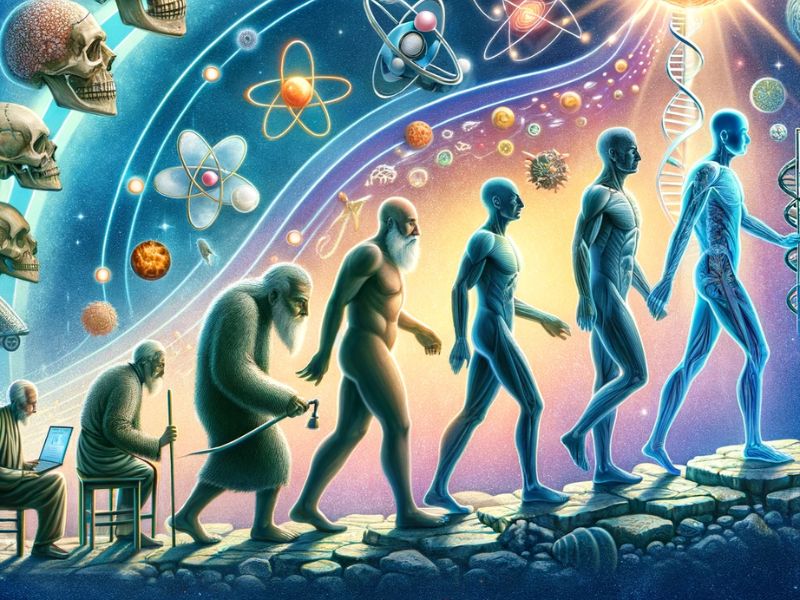
The Evolution of Oncology: From Discovery to Modern Cancer Fight
A journey through the history of oncology and its impact on current treatments
Oncology, the branch of medicine dedicated to the study and treatment of cancer, has undergone a long and complex historical evolution marked by fundamental discoveries and therapeutic innovations. In this article, we will explore the key milestones that have shaped the path of the fight against cancer, highlighting how these have influenced modern medical practices.
From Origins to Early Therapies
Oncology has its roots in antiquity, with the first descriptions of cancer dating back to ancient Egypt. However, it was only in the late 19th century that the foundations for effective non-surgical cancer treatment were laid with the discovery of radiation by Marie and Pierre Curie. This discovery led to the emergence of multidisciplinary approaches in cancer treatment, combining surgery with hospital radiology. The need to treat patients in a hospital setting rather than at home also spurred the systematic collection of patient data, leading to the first statistical studies.
Advances in Research and Early Targeted Therapies
Throughout the 20th century, cancer research led to significant discoveries, such as the identification of oncogenes and the function of the TP53 gene in suppressing neoplasms. With the advent of targeted therapies like tamoxifen for breast cancer treatment and the identification of the human papillomavirus (HPV) responsible for a significant percentage of cervical cancer cases, oncology research began to shift towards more specific and personalized treatments. These developments paved the way for new paradigms in cancer treatment, laying the foundation for the precision therapy we see today.
The Era of Precision Medicine and Innovative Therapies
In recent decades, oncology has witnessed rapid evolution thanks to precision medicine, which uses genetic information from tumors to develop specific treatments for individual patients. This approach has been empowered by the mapping of the human genome and the increasingly detailed understanding of the molecular basis of cancer. Innovative therapies like immunotherapy, which stimulates the immune system to fight cancer, and gene therapy, which aims to correct defective genes responsible for cancer, are transforming cancer treatment, offering new hope to patients.
Future Perspectives and Challenges in Oncology
Despite significant progress, the fight against cancer remains an ongoing challenge. Research continues to focus on developing more effective and less toxic treatments, understanding drug resistance, and identifying predictive markers for therapy personalization. The goal is to transform cancer into a manageable chronic disease or, ideally, a curable one. The ongoing development of new technologies and deeper biological knowledge of cancer promise to lead to new and more effective therapies in the future.


